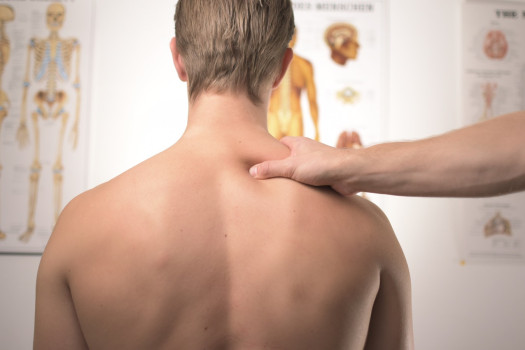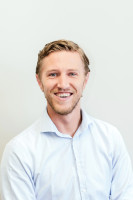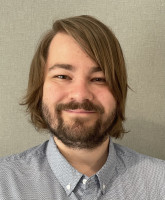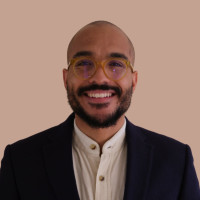Chronic & Non Communicable Diseases
Healthcare Systems
Rehabilitation
Public Health & Health Policy
Post-Doctoral Fellowships
South Africa
2017.12.31
Non-communicable diseases : making rehabilitation possible in low-resource settings
« As outlined by the World Health Organisation in 2017 (#REHAB2030), reasons for limited availability of affordable rehabilitation services are complex, but include healthcare budgetary issues, inadequate legislation, lack of trained healthcare providers, and a dearth of evidence from randomised controlled trials (RCTs) evaluating the effects of rehabilitation in LMICs », Dr. Martin Heine reports. Answering this call for action, his post-doctoral fellowship aims to meet two main objectives. First, it will « test the feasibility and key characteristics of a minimalistic patient-centred rehabilitation intervention that is designed specifically for the low-resource setting. » Second, it seeks to « inform the research methodology and study design for a full scale randomized clinical trial (RCT) on the effectiveness of this patient-centred rehabilitation intervention ».
Proving low-cost rehabilitation interventions can make a difference
The project team will be based in Cape Town, South Africa, a city that encompasses both extremely low and high ressources. « The fact that the city has expensive healthcare facilities, as well as makeshift infrastructures, and everything in between, provides a good basis for comparison », Dr. Martin Heine points out. The project is divided into three interlinked studies, the first of which is a systematic review of RCTs that study rehabilitation interventions for patients with NCDs in a low-resource setting. For the two remaining work packages, the project will specifically look at a densely populated and extremely poor urban area called Bishop Lavis, home to 55,000 people, of which 56 % has one or more non-communicable diseases. In this setting, the team will test how well the outcome of a simple 6-minute walk test relates to habitual physical activity in a low resource setting and conduct its own randomised clinical trial. Over the course of a one-year period, these studies will allow to test the feasibility of a patient-centred rehabilitation program in addition to usual care and compared to usual care alone.
The post-doctoral fellowship forms part of a long-term endeavour to answer the recently published WHO call for action #REHAB2030. « Two exciting future projects complement the current proposal very nicely », Dr. Martin Heine explains. « The first is a possible inter-disciplinary 360-degree collaboration to develop a rehabilitation framework for chronic disease in a low-resource setting, with multidisciplinary experts beyond just the medical professions. The second is the validation of the developed rehabilitation framework within the existing infrastructure of Avian Park, a sea container complex serving as a community service learning centre just north of Cape Town ». The overarching aim of these two projects is to enable evidence-based rehabilitation for NCD in low-resource environments that have little to no existing infrastructure for the management of NCDs.
How can we help manage non-communicable diseases?
Discover a video about Martin Heine's project
WATCH THE VIDEO

Martin
HEINE
Institution
Universiteit Stellenbosch university
Country
South Africa
Nationality
Netherlands


